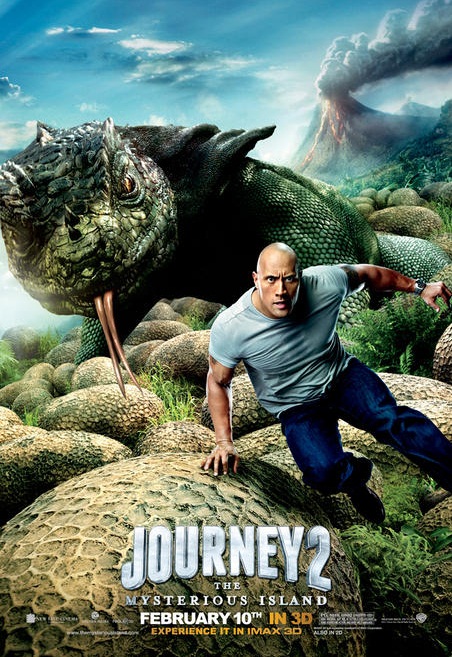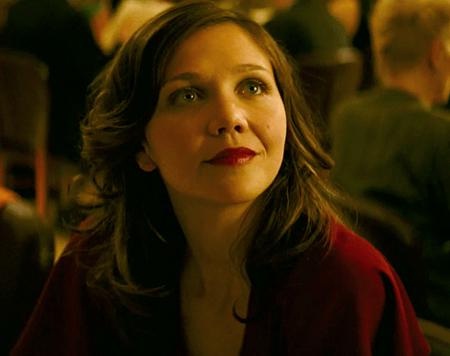 It happens all the time. A friend of yours decides to move out west to pursue other friendships. More profitable friendships—or sometimes ones that he thinks will earn him an Oscar. In any event, you’re left with a vacant spot in your friend group. So what do you do? Well, the natural and healthy thing to do is find someone who matches your friend’s general physicality to some satisfactory degree and hire him on to do everything and anything your friend would do if he was still around. Recasting. It’s a valuable tool.
It happens all the time. A friend of yours decides to move out west to pursue other friendships. More profitable friendships—or sometimes ones that he thinks will earn him an Oscar. In any event, you’re left with a vacant spot in your friend group. So what do you do? Well, the natural and healthy thing to do is find someone who matches your friend’s general physicality to some satisfactory degree and hire him on to do everything and anything your friend would do if he was still around. Recasting. It’s a valuable tool.
Tthe above scenario is not quite the way things work in real life, but Hollywood has made this practice its second language. Time and time again, film sequels will lose actors from their original movies—perhaps to conflicts, financial issues, or lack of interest—and will be forced to recast. Sometimes, production invents a new character for the incoming actor or actress. Sometimes, the character remains the same…but just happens to look a little different this time around.
A recent advocate of the recasting strategy is Journey 2: The Mysterious Island. The film is a follow-up to Journey to the Center of the Earth, which starred Brendan Fraser in the leading role. The new film replaces Fraser with Dwayne “The Rock” Johnson, pitting the wrestler-turned-actor alongside returning player Josh Hutcherson to deliver a family-friendly adventure story.
Of course, the Journey films are just one of many franchises to employ this move. So, the question is: does it work? And, more importantly, what does it say about our society and its devaluation of human beings into expendable and interchangeable tools? Just kidding—nobody cares about that.
More often than not, when major actors are replaced in follow-up films, the results are disappointing. As much as I love Julianne Moore—which is an amount that has bordered on “prohibited by law”—nobody can say that her performance as Clarice Starling in the 2001 film Hannibal lived up to that of Jodie Foster in the 1991 predecessor, The Silence of the Lambs.
There are countless examples. Maggie Gyllenhaal replaced Katie Holmes in The Dark Knight. Omar Epps replaced Wesley Snipes in Major League II. Elisabeth Shue replaced Claudia Wells in the second and third Back to the Future films (as did Jeffrey Weisman for Crispin Glover…but we weren’t supposed to notice that). And in a much anticipated example, Mark Ruffalo will take on Dr. Bruce Banner/The Hulk, a role previously embodied Edward Norton, for the upcoming Avengers movie. The Griswold kids are practically shape-shifting aliens.
These replacements manifest varying degrees of positivity. Some people preferred Gyllenhaal’s Rachel Dawes to the character originated by Holmes. Plenty look forward to this new, interesting Ruffalo Hulk. There are plenty who thought Jamie Kennedy totally blew Jim Carrey out of the water with Son of the Mask. So although the whole idea of casting replacement is instinctively met with revulsion in the eyes of the audiences, good things do come from the practice.

For one thing, we are opened up to different interpretations of the same character. Every cinematic Joker we’ve seen has brought something new—something outstanding and lasting. Imagine a world where Sean Connery may still be the iconic James Bond, but Lazenby, Moore and Dalton each infused the character with something new—competing with one another for many individuals’ personal choice of the 007 portrayer. And if you’re going to tell me that Cuba Gooding, Jr., didn’t revolutionize the character of Charlie Hinton in Daddy Day Camp, then we’re just living in two different worlds.
And sequel replacement doesn’t restrict the growth of story to the availability of actors. Actors are notorious for always being involved in other movies, Sudanese expeditions, or medical malpractice lawsuits. So, should a character or story that was always intended for further examination suffer because their original portrayer is suddenly unavailable? Fortunately, we have the old saying: “The show must go on.” Call in the understudy.
I’m sure that we’d all rather see the actors who helped us get to know our favorite characters continue to play them as long as they shall be depicted on screen. Unfortunately, this is not always possible. But the desire to keep these stories going is a good thing. Continued artistic expression despite casting setbacks should be considered a triumph. New interpretations should not be rejected outright. I say, recast everybody!
…except Surf Ninjas. You leave Surf Ninjas alone, Hollywood.


